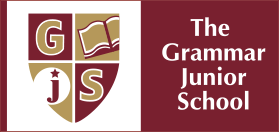CLASS 3
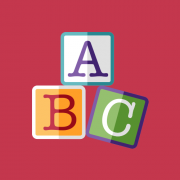
ENGLISH
Reading
Pupils develop positive attitudes to reading. They prepare different forms poems and play scripts to read aloud and to perform. Reading individually and round the class happens daily.
Spelling
Pupils learn how to use prefixes and suffixes, spell homophones and words that are often misspelt. They also write from memory simple sentences, dictated by the teacher and have a weekly spelling list.
Composition
Pupils learn to plan their writing, discuss and record ideas, organize paragraphs and evaluate their own writing. Pupils also use a creative writing website to develop and expand their imagination and creativity in different forms of writing.
Comprehension
Pupils are given various passages to develop their skills in comprehension. They learn to ask questions to improve their understanding of a text, to predict what might happen and to identify the main ideas.
Grammar
Pupils are taught to expand sentences and use punctuation correctly. They learn to use the present simple, present continuous, past simple and past continuous of verbs. They use nouns, pronouns, adjectives, verbs, adverbs and prepositions appropriately.
MATHEMATICS
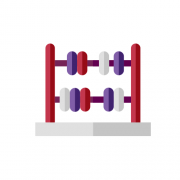
Number and Place Value
Pupils are taught recognise the place value of each digit in a six-digit number, compare and order numbers up to hundred thousand, read and write numbers up to hundred thousand in numerals and in words and round to the nearest 10, 100, 1000.
Fractions and Decimals
Pupils are taught to recognise fractions, equivalent fractions with small denominators, add and subtract fractions with the same denominator, compare and order unit fractions, and fractions with the same denominators and solve problems. They learn to change decimals to fractions and fractions to decimals and to compare decimals.
Time
Pupils are taught to tell and write the time from an analogue clock and 12-hour and 24-hour clocks. They know the number of seconds in a minute and the number of days in each month, year and leap year and they can compare durations of events.
Addition and Subtraction
Pupils are taught to add and subtract numbers up to four digits mentally and by using formal written methods of columnar addition and subtraction. They solve problems, including missing number problems, using number facts, place value, and more complex addition and subtraction.
Measurement
Pupils are taught to measure the perimeter of simple 2-D shapes.
Geometry
Pupils are taught to draw 2-D shapes, recognise 3-D shapes and angles and they can identify whether angles are greater than or less than a right angle.
Statistics
Pupils are taught to interpret and present data using bar charts, pictograms and tables.
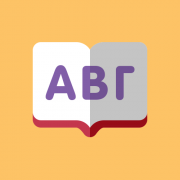
GREEK
The Greek lesson in the Grammar Junior School is of equal importance to the English lesson for the Greek-speaking pupils. We follow the guidelines set and use the books provided by the Cyprus Ministry of Education and Culture. The objective of the lesson is to learn the Greek language through Reading, Writing, Grammar and Vocabulary. Through the Greek lesson our pupils also become familiar with and learn to appreciate Cyprus history, culture and traditions.
In class 3, pupils are taught grammar and sentence structure as well as the skills of reading comprehension. They engage in productive conversations and they are encouraged to express their feelings using appropriate vocabulary.
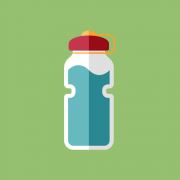
PHYSICAL EDUCATION
Pupils are taught to collaborate and compete adhering to ‘fair play’, to run, jump, throw and catch and play competitive games such as basketball, football, baseball and dodge-ball. They also learn to swim competently, with confidence and to use a range of strokes including front crawl, backstroke and breaststroke. They develop flexibility strength and technique.

GEOGRAPHY
Pupils are taught about the earth, continents, oceans, countries, islands and seaside towns. They also learn about the globe, maps, the use of an atlas, the environment and climate.
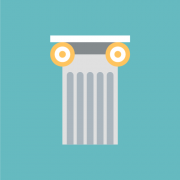
HISTORY
Pupils are taught about Ancient Egypt and do projects and related artwork.
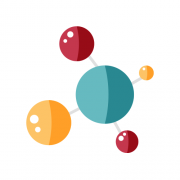
SCIENCE
Plants
Pupils are taught to identify and describe the functions of different parts of flowering plants: roots, stem/trunk, leaves and flowers. They also explore the requirements of plants for life and growth.
Animals, Including Humans
Pupils are taught to identify that animals, including humans, need the right types and amount of nutrition.
The Senses
Pupils are taught about the five senses and how each one helps us.
Keeping Healthy
Pupils are taught about the five groups of food, nutrition and exercise
Forces and Magnets
Pupils learn to describe magnets as having two poles and predict whether two magnets will attract or repel each other, depending on which poles are facing.
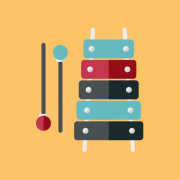
MUSIC
Pupils are taught to play a musical instrument with confidence, understand musical notations, appreciate a wide range of music and learn about the history of music. They are encouraged to join our school choir, the orchestra and to perform solo.
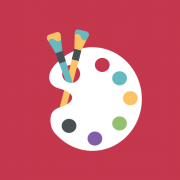
ART
Pupils develop their techniques and the use of materials with creativity using pencil, charcoal, paint and clay. They learn about great artists in history.
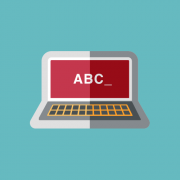
COMPUTERS
Pupils follow the six-year Funecole Programme which is endorsed by Cambridge International Examinations. Pupils are taught the principles of information and computation; how digital systems work and how to put this knowledge to use through programming so they become active participants in a digital world.
